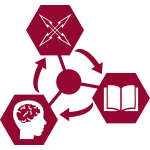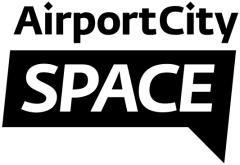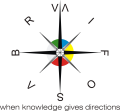
|

|

|
|
|
Mobility, Knowledge and Innovation Hubs in Urban and Regional Development Mobility hubs are far from being limited to their function as transport hubs. They are multifunctional and versatile places of encounter. In places where many people come together, information and knowledge are exchanged and new ideas are developed. Since mankind has become sedentary, such hubs have formed where the exchange of people, goods, but also ideas and knowledge takes place. With the rise of cities, this process has intensified and today, when almost 60 % of the world's population lives in cities, dealing with this centre function is more important than ever. New challenges keep emerging that keep us busy maintaining and developing the functions of such hubs:
REAL CORP 2022 addresses the links between society's innovative achievements and the confronting demands of our environment, cities and settlements. In order to achieve acceptable sustainable development, spatial planning and related disciplines need to carefully address current trends and influence them with appropriate governance mechanisms to maintain and improve the quality of life, but also to decisively address the concerns of our ecosystem. |
 |
 |
 |
||||||||
 |
 |
 |
 |
 |
 |
|||||

